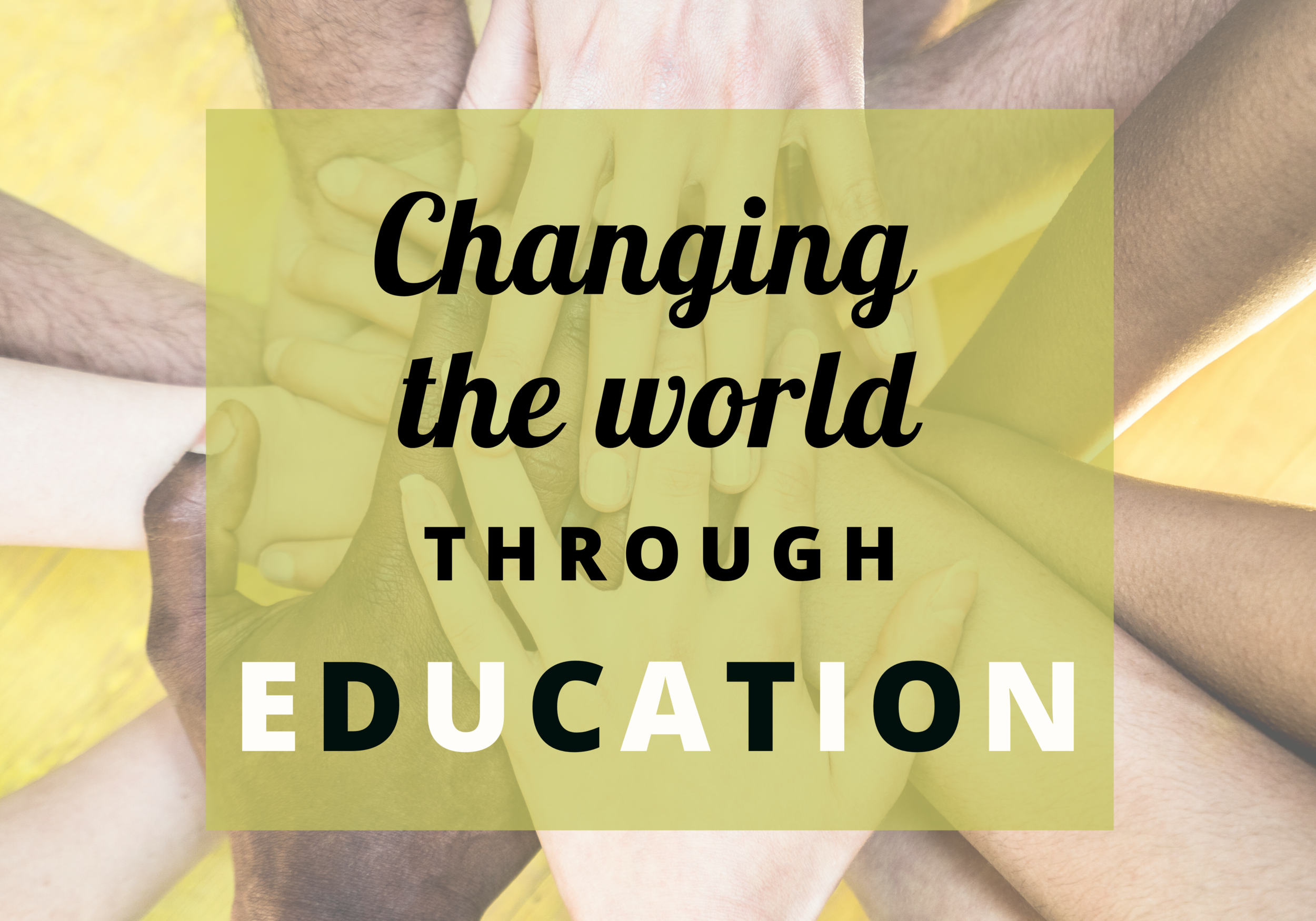Our kids are getting the wrong message
“What do you think I value most in you - your achievements or your character?”
What do you think your students (or kids) would say if you asked them this question? The Making Caring Common project of Harvard Graduate School of Education surveyed 10,000 middle and high school students with this very question. 80% of these students believe that the adults in their lives value achievement over character. However, 96% of the parents and teachers surveyed reported that they value character over achievement. We are sending our kids the wrong message. Big time.
This week, I got to speak to a large group of high school students about social-emotional learning and what needs they see in their own lives and in the lives of their peers. They talked a lot about their communication struggles and claimed to not have the skills needed for authentic, face-to-face conversations in a digital world - especially with their parents and teachers. This realization, coupled with the Harvard study, tells me we have work to do...and a wrong to right.
If students aren’t having a lot of meaningful conversations with the adults in their lives, then how are they getting these misconceived ideas about what we value? What messages are we sending that would be so wrongly interpreted?
Perhaps they aren’t listening so closely to our lectures, lessons, and advice. Perhaps they are listening to the smaller interactions...the questions we pepper their lives with on a day-to-day basis. How do adults try to connect with kids? We ask questions. My teenage son would say we ask WAY too many questions. The problem is, we see these questions as an attempt to spark a real conversation, but kids see these questions as merely a reflection of our values. Yikes.
What are the FIRST questions you ask your kids (after how was your day)?
Perhaps when we ask how did you do on that test, they really hear you better have done well.
Perhaps when we ask how was football practice, they really hear you better be a starter in this week’s game.
Perhaps when we ask why are you late, then really hear why did you bother showing up at all.
If kids interpret our questions to be a reflection of our values, it’s time to make some changes. It’s time to set this record straight and ask the questions that truly reflect what we value in our kids.
Do we want our kids to be kind? Let’s ask questions like these:
What kindness did you show someone today?
What do you appreciate most about your table group (or your friends)?
How were you a good friend today?
Can you think of ways to show more kindness in your school? Community?
Do we want our kids to be empathetic? Let’s ask questions like these:
In a conflict, stop and ask kids how they think the other person might be feeling
What kind of day do you think your teacher had today? A friend?
How do you think the character in this book is feeling right now? Can you relate?
Do we want our kids to be generous? Let’s ask questions like these:
In what ways did you share with others today?
How did you show appreciation to someone who is underappreciated?
In a world where kids seem to be conversing with adults less than in previous years, our interactions with them are more important than ever. Our feeble attempts to connect with them in the form of questions are sending the wrong messages. Let’s challenge each other to tune in to the messages we are sending. Let’s right this wrong together by crafting intentional questions that will help us raise a generation of kids who feel empowered to practice kindness, compassion, empathy, and generosity.


